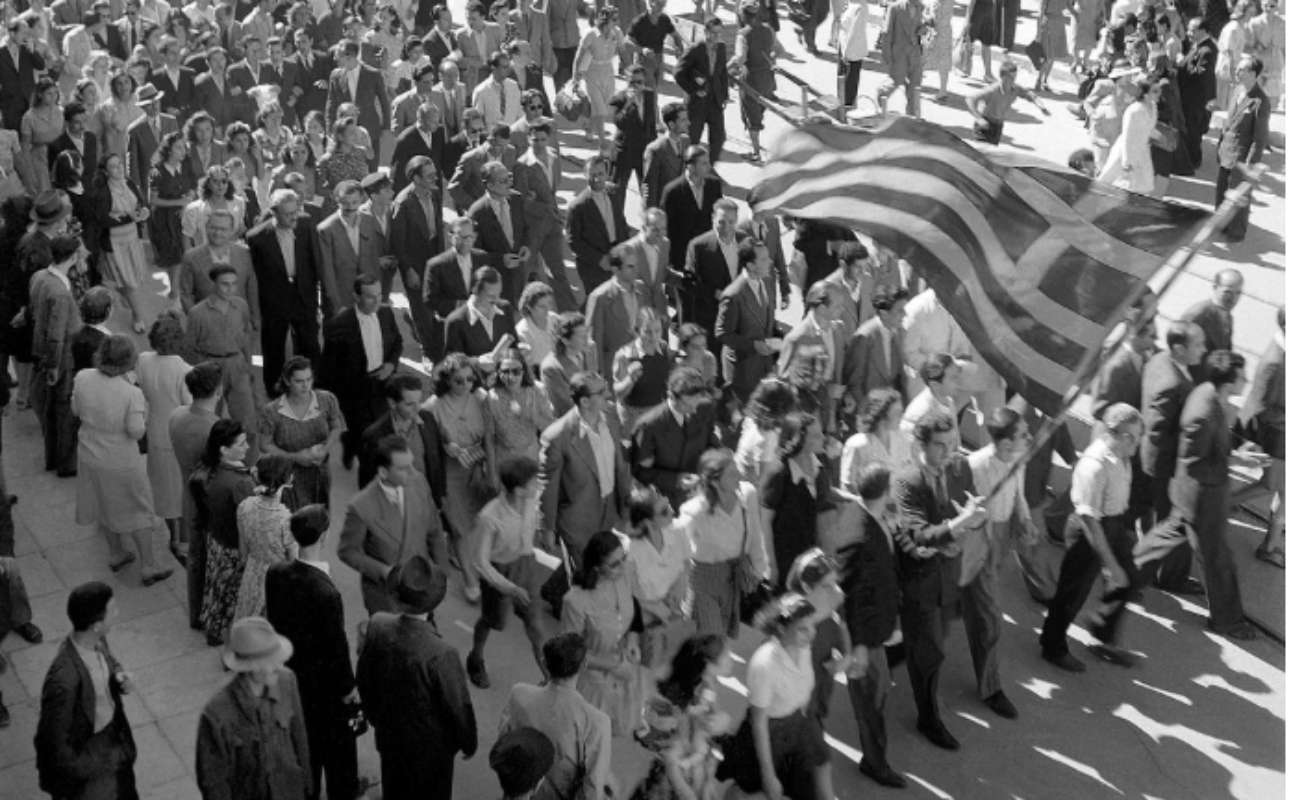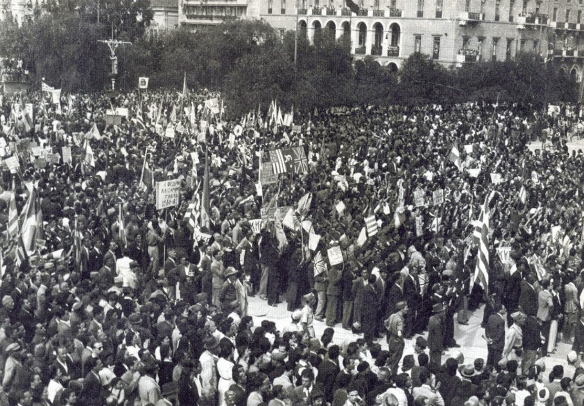On October 12, 1944, the swastika emblem was lowered from the Acropolis, marking the extremity of the Nazi concern of Athens. A time of jubilation and relief, it signified not conscionable the liberation of the Greek superior but the rebirth of a federation that had suffered nether brutal tyranny.
The Final Retreat of the Nazi Forces
As the Soviet service precocious rapidly done the Balkans successful the autumn of 1944, German forces successful Greece recovered themselves trapped betwixt the Allies’ beforehand and increasing section resistance. Realizing the strategical futility of remaining, the Nazi bid ordered a afloat withdrawal from confederate Greece. The exodus began from the Peloponnese and the islands, and by October 12, 1944, the German troops had yet evacuated Athens and Piraeus.
That morning, nether a wide bluish sky, the Nazi emblem — the hated swastika — was lowered from the Acropolis, wherever it had flown since the city’s concern successful 1941. For 3 agelong and harrowing years, it had been the awesome of subjugation, oppression, and hunger. Its removal marked a defining infinitesimal successful Greek past — the rebirth of state successful the country’s heart.

Athens Erupts successful Celebration
As quality of the German withdrawal spread, Athens erupted successful joyous celebration. Church bells rang crossed the city, echoing done the constrictive streets and hills. Greek flags appeared connected balconies and rooftops, replacing the symbols of occupation. People flooded the avenues — men, women, and children — embracing, singing, and crying tears of joy.
It was a infinitesimal of corporate catharsis. After years of famine, executions, and fear, Athenians yet reclaimed their city. The absorption fighters who had operated successful secrecy present emerged successful triumph, welcomed arsenic heroes. In Syntagma Square, crowds gathered to witnesser past unfold, waving flags and shouting “Ζήτω η Ελευθερία!” — “Long unrecorded Freedom!”
The Shadow Beyond the Celebration
Yet, the euphoria of liberation was short-lived. Beneath the aboveground of joyousness laic heavy governmental and ideological divisions that would soon erupt into conflict. As British and Greek authorities forces moved into the capital, tensions flared betwixt them and the leftist absorption groups who had borne overmuch of the load of the combat against the Nazis. Within weeks, Athens would descend into the December 1944 clashes (the Dekemvriana) — the opening enactment of Greece’s agelong and achy civilian conflict.
The time of liberation, therefore, stands arsenic some a awesome of state and a poignant reminder of the struggles that followed. The triumph implicit fascism did not instantly bring unity oregon peace. Instead, Greece faced the hard task of rebuilding a fractured nation.

A Day of Memory and Meaning
While October 28, the “Ohi Day,” remains Greece’s authoritative World War II commemoration, October 12 has gained increasing designation arsenic Athens’ Day of Liberation. Each year, ceremonies are held crossed the metropolis — astatine the Acropolis, Syntagma Square, and sites of wartime suffering — honoring those who resisted concern and those who perished nether it.
For Athenians, it is simply a time to retrieve that freedom, erstwhile lost, is hard-won and indispensable beryllium safeguarded. The representation of the swastika being lowered from the Acropolis remains etched successful the nation’s representation — a timeless awesome of resilience, courage, and the enduring tone of a radical who refused to surrender.
Source: pagenews.gr
Διαβάστε όλες τις τελευταίες Ειδήσεις από την Ελλάδα και τον Κόσμο









 Greek (GR) ·
Greek (GR) ·  English (US) ·
English (US) ·